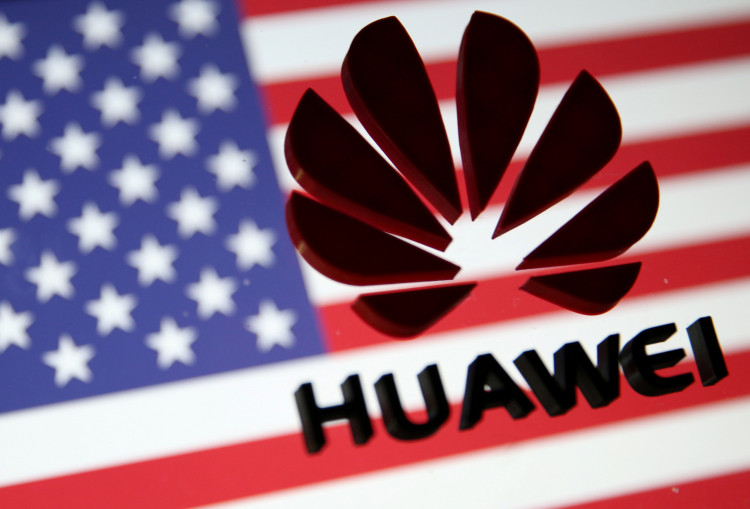In another round of beatings to China's Huawei, it was revealed on Monday that some of the world's big tech companies have demanded that their employees cut communications with the Asian tech provider.
According to Reuters, people with knowledge of the matter stated that Qualcomm Inc., LG Uplus, Interdigital Wireless Inc., and Chipmakers Intel Corp. ordered restrictions among employees to hold informal talks with the Chinese firm. An LG Uplus official clarified that the South Korean firm is "voluntarily refraining from interacting with Huawei workers."
Analysts believe the move was made to protect their companies from the probability of getting heat from the U.S. government as it has been pushing Huawei over the edge since the blacklisting order on May 16.
Amid all the issues Huawei is faced with, it appears that some U.S. government officials are concerned about the latest tirades threw against the Chinese tech provider.
Experts have weighed in on White House Acting Budget Chief Russell Vought's appeal to Vice President Mike Pence to delay the government's ban on Huawei. Most believe Vought's letter has proven that there are too many companies in the U.S. and other countries that depend on the Chinese tech giant's high-end technologies.
According to Bloomberg, a person familiar with the matter said Vought's letter argued how cutting ties with Huawei at this point will largely impact U.S. firms working with the Chinese company.
Vought reportedly said in the letter that the move will also affect tech supply to the White House and other governments in the U.S. Analysts noted that Vought's sentiments are true since companies forced to cut business ties with Huawei may struggle to find a different tech supplier with the same high quality yet affordable offer.
Huawei has appealed against the ban, stating a similar reason. The Chinese firm said in its constitutional challenge against U.S. President Donald Trump's blacklisting decision that the ban would reduce competition and hamper technological innovations or projects.
While Vought did not necessarily mention Huawei's previous appeal against the ban, some analysts pointed out that his statements appeared to echo the Chinese provider's concerns regarding competition.
An unexpected twist came about over the weekend and added to growing support for Huawei when Google, one of the United States' leading tech companies, warned the White House over the consequences of blacklisting its Chinese counterpart.
According to the Financial Times, Google said the ban could push Huawei to develop its own response to Android and other popular operating systems. Industry analysts said that if this happens, U.S. companies selling smartphones could lose out in the battle.
The scenario is not impossible, considering that the Chinese Honor maker offers quality but cheaper smartphones to buyers around the world. A Quartz report argued that while Trump's administration may have not intended for this scenario to take place, the ban could also propel Huawei to greater heights in 5G technology.





